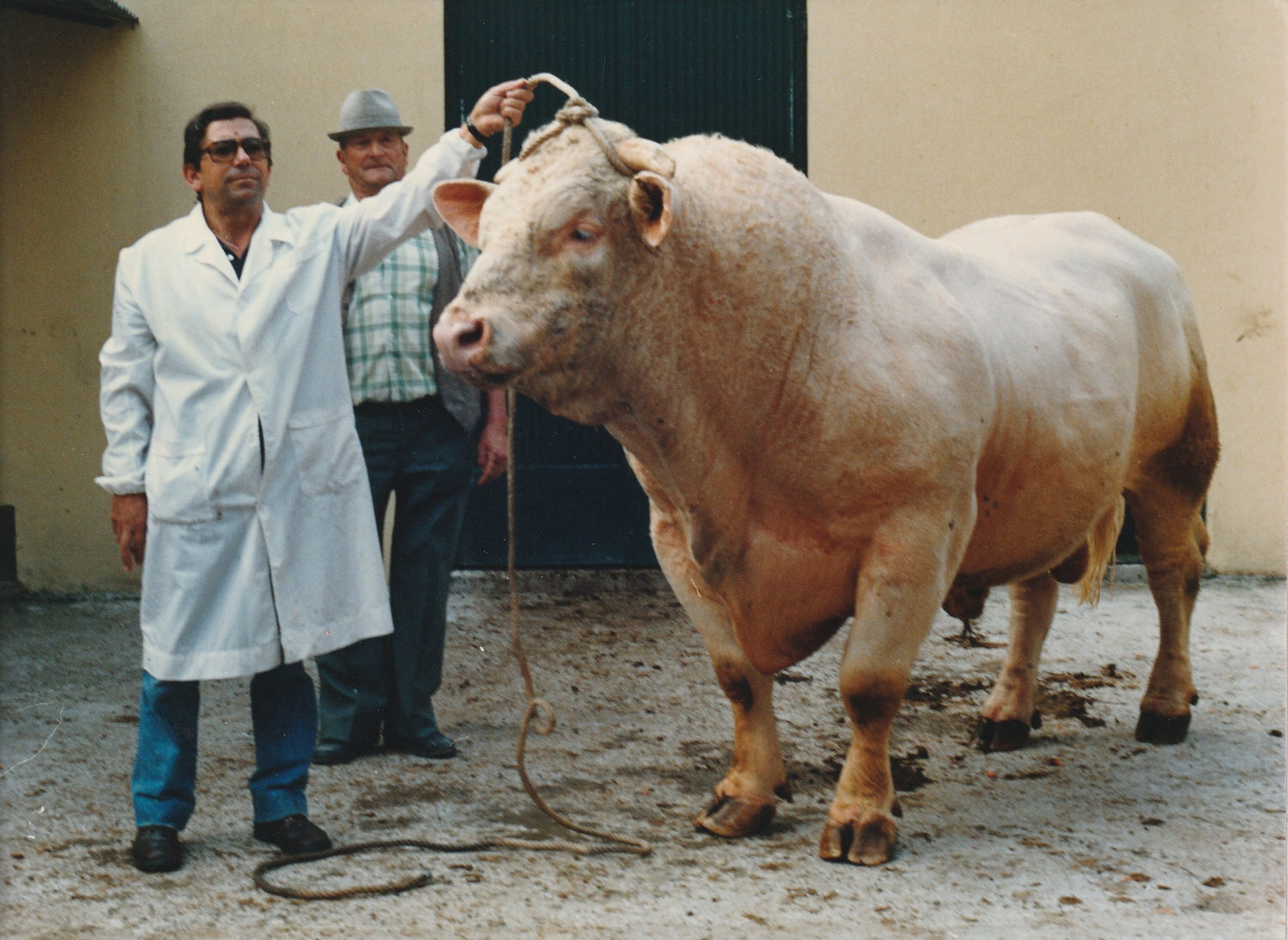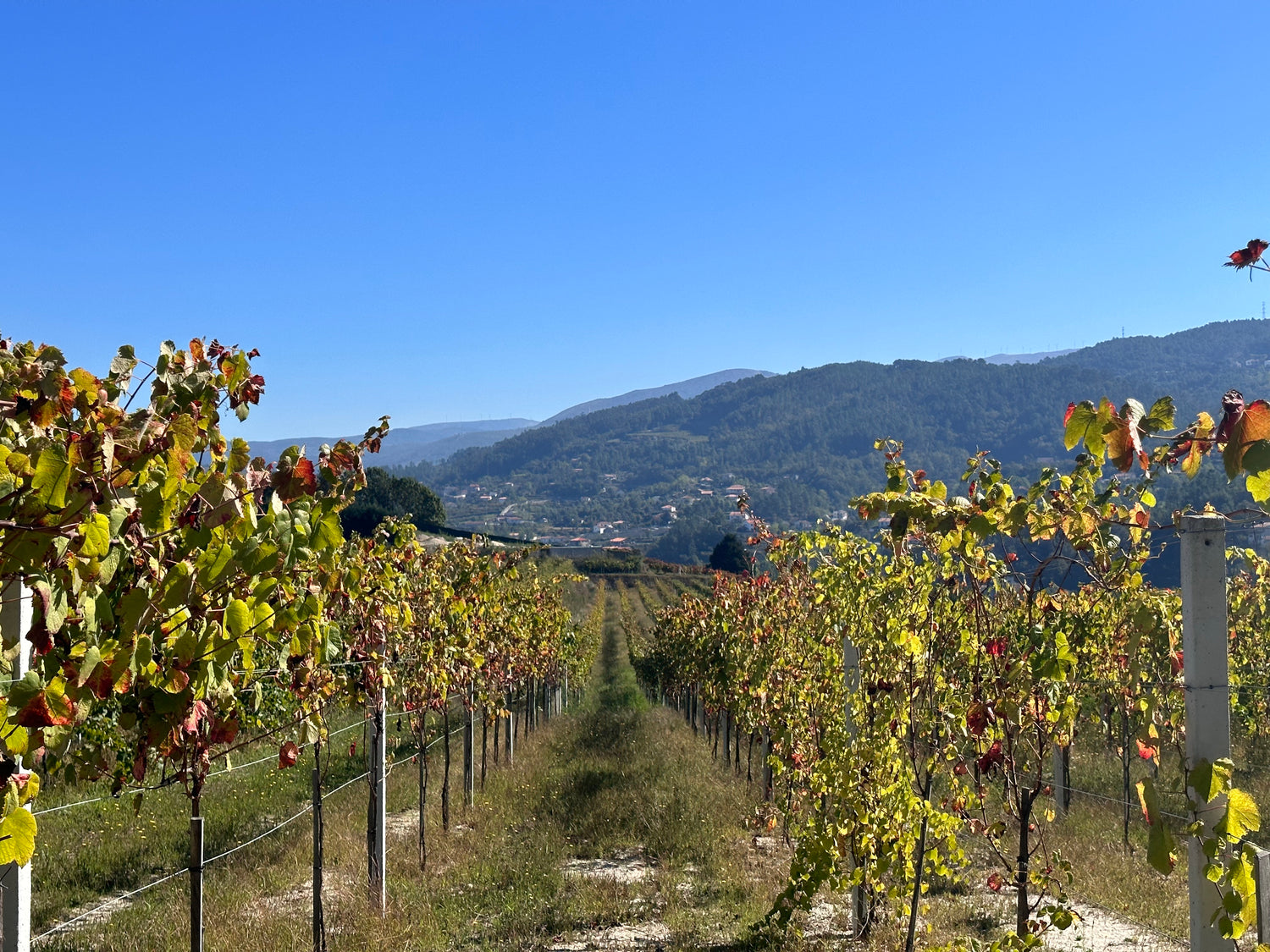History

1841: The year of foundation
In 1841, the first stone of a modest winery was erected at Quinta de Casal Novo in Gatão, Amarante. Between crops and animal husbandry, which are believed to predate this date, wine begins to gain its space this year. The landmark year remains carved into granite stones, testifying to the beginning of a journey that would echo through the centuries.
1880: The Family Transition
The property records were lost to time, but it was in the 1880s that the farm found a new family. José Pinheiro, in the image, and Júlia Pinheiro, grandparents and great-grandparents of the generation that today is dedicated to preserving the roots and shaping the future of the farm. José and Júlia acquired the property to develop agricultural and livestock activities, which remained their main activity for the next 100 years.

1930: The Livestock Dominion
The history of Quinta de Casal Novo, in Gatão (Amarante) since 1841, is intrinsically linked to the agricultural development of the region. The Quinta specialized in raising cattle throughout the 20th century, both for trade and for specialized competition in the area.

1960: The Glory of Cattle
At the height of the 1960s, the farm embraced massive cattle raising, in line with the strong demand at the time. The awards accumulated in regional competitions attested not only to production for consumption, but also to the excellence in animal husbandry that marked the period.
1980: The cattle competitions
This activity highlighted Quinta de Casal Novo, allowing the owner of the time, Rodrigo Pinheiro, to win several specialty awards. Rodrigo would later end up receiving a distinction from the Portuguese Ministry of Agriculture, in the person of minister Arlindo Cunha, at the end of the 20th century.

2000: The turn to the vineyard
The beginning of the 21st century brought a new mission to Quinta de Casal Novo, which has existed in Gatão since 1841. The stable where the bulls rested gave way to a wine cellar. The green fields, once pasture, gradually began to give way to vineyard plantations. Today, Quinta de Casal Novo's own plantation is around 5 hectares.




